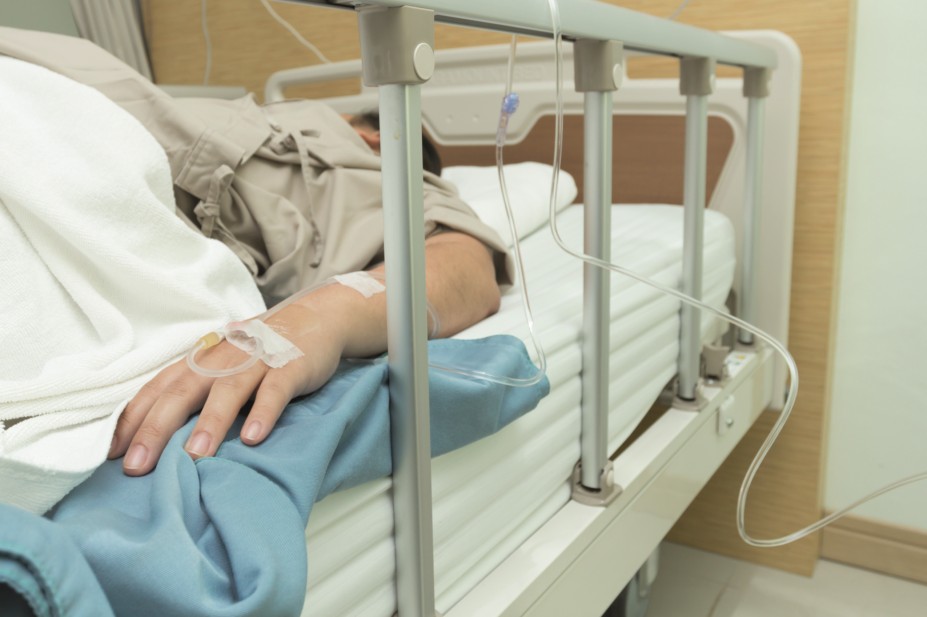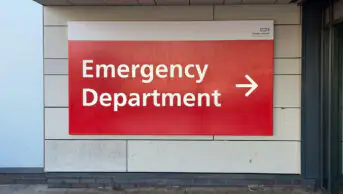
Shutterstock.com
The number of patients being readmitted to hospital in an emergency with potentially preventable conditions has grown significantly over the past seven years, an analysis from the Nuffield Trust has revealed.
The findings from QualityWatch, a research programme from the Nuffield Trust and the Health Foundation, were published on 1 June 2018 and looked at hospital data detailing patient diagnoses and the reasons behind emergency hospital readmissions between 2010–2011 and 2016–2017.
The aim of the analysis was to highlight where improved quality of care in hospital or the community might have prevented readmission.
The research found a 19.2% rise in patients being readmitted to hospital in an emergency within 30 days of discharge between 2010–2011 and 2016–2017. It also identified a 41.3% rise in emergency readmissions for conditions researchers classified as ‘potentially preventable’, from 130,760 to 184,763.
These included conditions such as pneumonia, pressure sores and venous thromboembolism which had not been diagnosed when the patient was first admitted to hospital.
John Appleby, director of research at the Nuffield Trust, said: “Unnecessary trips and overnight stays in hospital put a strain on elderly patients and their families.
“That is why it’s concerning that our research shows the number of people being readmitted to hospital within 30 days with potentially preventable conditions is greater than it was seven years ago.”
Briefing author Jessica Morris, research analyst at the Nuffield Trust, said emergency readmissions to hospital for conditions that were not diagnosed during their first visit were “potentially a warning sign that a patient’s quality of care may have been compromised”.
She added that the findings provide local health providers with “a good opportunity to sit up and focus their attention and quality improvement initiatives on the three conditions where we’ve seen the most significant rise in readmissions”.


